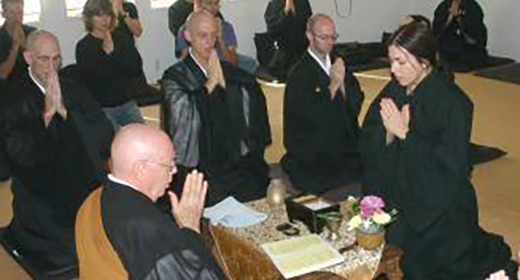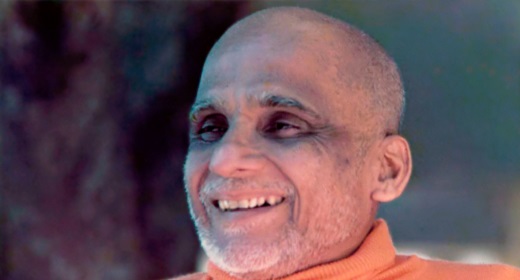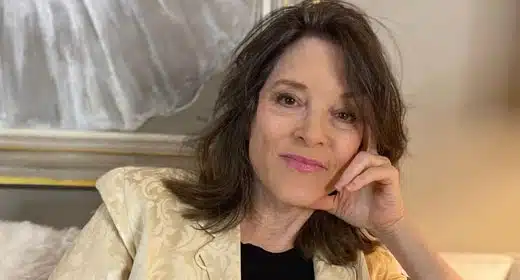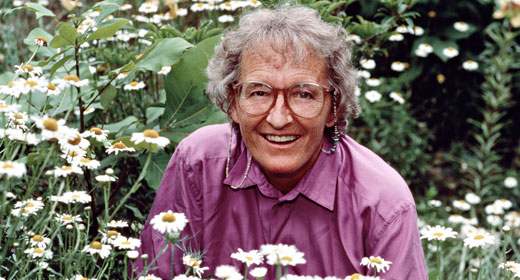by Steve Taylor: In the UK, there has been a lot of publicity lately for the idea of “restorative justice…”
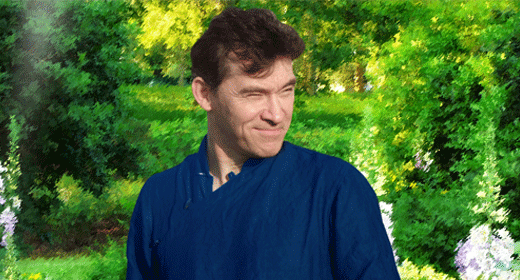
As part of this process, offenders are brought face to face with the victims of their crimes, to hear how they have suffered as a result of them. The aim of restorative justice is healing, both for victim and offender. The victim transcends their rage with some understanding and forgiveness towards the offender, and the offender empathises with the victim, becoming aware of the real meaning of their crimes. This process changes lives. Victims feel free of the weight of hatred and are able to move on; offenders have a wider sense of perspective, and are less likely to re-offend. Sometimes offenders don’t meet their specific victims, but just the victims of similar crimes. But this still leads to a new awareness, and new patterns of behaviour.
For me, this highlights the enormous significance of empathy. To a large extent, all human brutality — all oppression, cruelty and most crime — is the result of a lack of empathy. It’s a lack of empathy which makes someone capable of attacking, robbing, raping or oppressing another human being. It’s a lack of empathy for another tribe or country which makes warfare and conflict possible. It’s a lack of empathy towards other ethnic groups, social classes or castes what makes oppression and inequality possible.
What is Empathy?
Empathy is the ability to “feel with” another person, to identify with them and sense what they’re experiencing. It’s sometimes seen as the ability to “read” other people’s emotions, or the ability to imagine what they’re feeling, by “putting yourself in their shoes.” In other words, empathy is seen as a cognitive ability, along the same lines as the ability to imagine future scenarios or to solve problems based on previous experience. But in my view, empathy is more than this. It’s the ability to make a psychic and emotional connection with another person, to actually enter into their mind-space. When we experience real empathy or compassion, in a sense, our identity actually merges with another person’s — your “self-boundary” melts away and the separateness between you and the other person fades.
Our strongly developed sense of individuality — being a personal self, or ego — can make it difficult for us to experience this state of connection. The ego walls us off from other people, particularly those belonging to other groups: the other gender (in the case of female oppression), other tribes, nations, races or classes. It encloses us in a narrow world of our own thoughts and desires, making us so self-absorbed that it’s difficult for us to experience the world from other people’s perspective. Other people become truly “other” to us. And this makes it possible for us to inflict suffering on them, simply because we can’t sense the pain we’re causing them. We can’t feel with them enough to sense their suffering.

On the other hand, if you identify with another person, if you have a psychic and emotional connection with them, then it’s impossible to treat them brutally. You recoil from their experience of suffering in the same way that you recoil from your own suffering. In fact, you feel a strong desire to relieve their suffering and aid their development. But if you can’t identify with them, then there’s no limit to the amount of suffering you can inflict. You can’t sense their pain, so there’s nothing to stop you causing it.
As Restorative Justice shows, empathy can be learned to some degree. When people are brought together in a neutral context, with an open, trusting attitude, empathy naturally establishes itself. Distinctions of ethnicity, religion and other superficial identity badges begin to fade away, as does the sense of grievance and rage derived from past events.
And it’s this bond which is surely our true nature. Empathy shows that the concept of separateness is an illusion. Empathy is simply the experience of our true connectedness, the exchange of feeling through the channel of shared consciousness which unites not just all human beings, but all living and non-living things. The wider empathy stretches from victims to offenders, from one ethnic group to another, from nation to nation and religion to religion, the less brutal and more harmonious the world will become.

